Office Bearers

Professor Wendy Lipworth
President
Wendy has received funding from the National Health and Medical Research Council, Australian Research Council and Medical Research Future Fund. She has published one edited collection (Routledge), more than 170 peer reviewed articles and 17 book chapters.
Wendy is a President of the Australasian Association of Bioethics and Health Law, Co-Director of the Macquarie University Ethics and Agency Research Centre, and a member of Committees of Brain Cancer Biobanking Australia and the Australian Ethical Health Alliance. She is a member of the Editorial Boards of the Journal of Bioethical Inquiry, Bioethics Open Research and Therapeutic Innovation and Regulatory Science
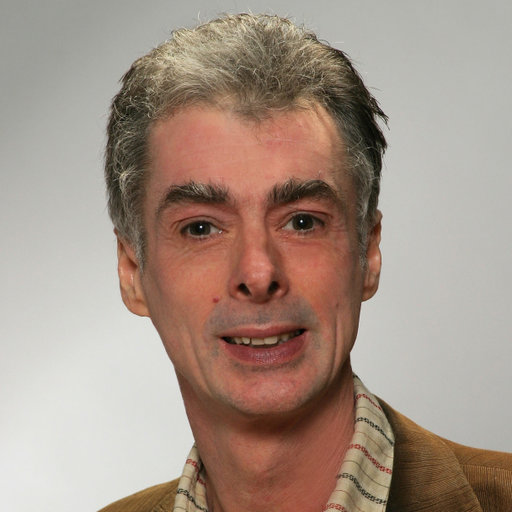
Associate Professor Neil Pickering
Vice-President
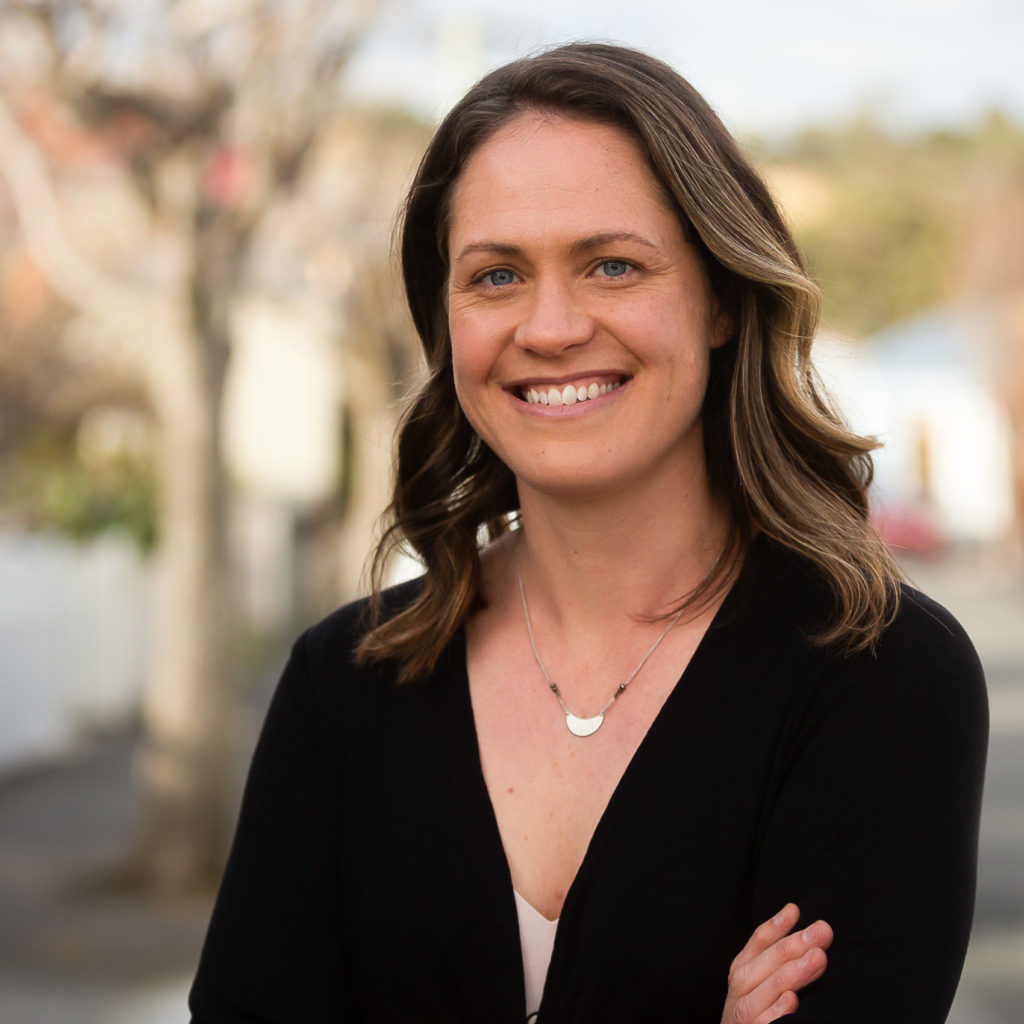
Dr Rebekah McWhirter
Treasurer
Rebekah McWhirter is Rebekah McWhirter is a senior lecturer in the School of Law at the Australian National University and is affiliated with the National Centre for Indigenous Genomics (ANU) and the Centre for Law and Genetics (University of Tasmania). Her research uses empirical and theoretical methods to address legal and ethical aspects of health, and aims to identify how law can support health. Bek’s work focuses on the regulations of genomics research, particularly in relation to Aboriginal and Torres Strait Islander health, and research ethics. Her work is supported by funding from the NHMRC, MRFF and ARC. She teaches health law and ethics, sits on the board of Women’s Health Tasmania, is co-chair of the Education, Ethics and Social Issues committee for the Human Genetics Society of Australasia, and has eight years’ experience on human research ethics committees, including two as deputy chair.
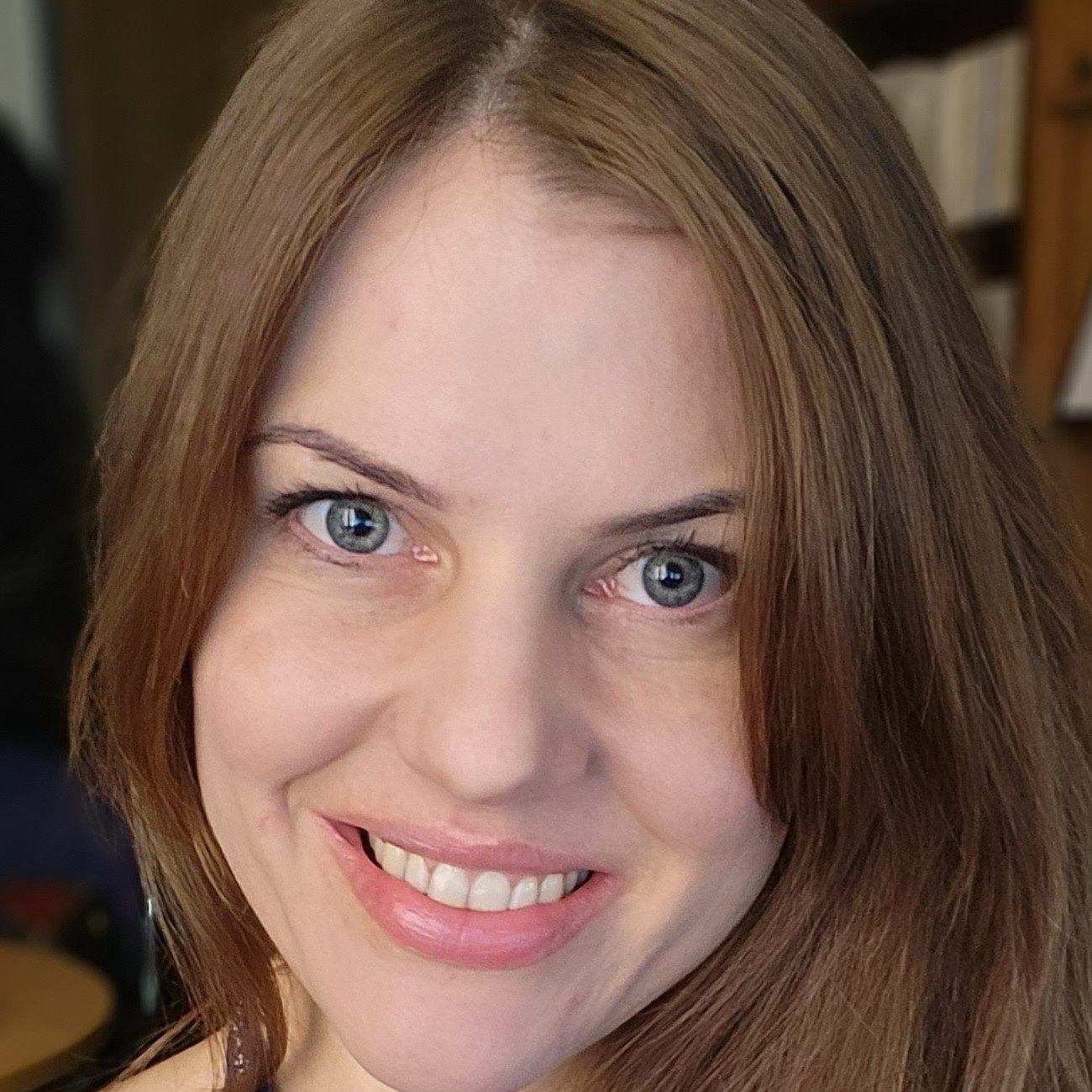
Dr Michaela Okninski
Secretary - [email protected]
Prior to this, she was a lecturer at Adelaide Law School, University of Adelaide, where she will be returning in September 2025. Michaela completed her PhD in 2022 on Voluntary Assisted Dying in South Australia and was appointed to the Voluntary Assisted Dying Implementation Taskforce for the Department of Health and Wellbeing, Government of South Australia.
Her research interests include health law and ethics, specifically regulation of voluntary assisted dying, and recently mitochondrial donation.
She is also passionate about law reform and has assisted the South Australian Law Reform Institute (SALRI) in drafting the statutory review of the Ageing and Adult Safeguarding Act 1995 (SA) (published 2022) and is currently completing the review of the Mental Health Act 2009 (SA), with specific focus on Inpatient Treatment Orders, Electro-Convulsive Therapy and Restrictive Practices and Care and Control Orders (forthcoming in 2023). She is author of over 11 peer-reviewed publications and book chapters.
Her current teaching interests are Medical Law and Ethics, End of Life Law: Selected Issues, Adelaide Law Review, Tort Law and Foundations of Law.
She was appointed editor of the Adelaide Law Review Journal in 2023.
General Committee

Tamra Lysaght
AABHL Committee
Tamra Lysaght is an Assistant Professor at the Centre for Biomedical Ethics at the National University of Singapore. Her research interests lie broadly in the ethical, regulatory and policy issues around the emerging sciences in healthcare and research. She teaches methods in empirical bioethics and has expertise in applying qualitative and quantitative approaches to address normative and policy-relevant questions of ethics. She is currently working on the ethics and regulation of translational stem cell research, regenerative medicine, genomics, precision medicine, gene editing technologies, and AI in healthcare.
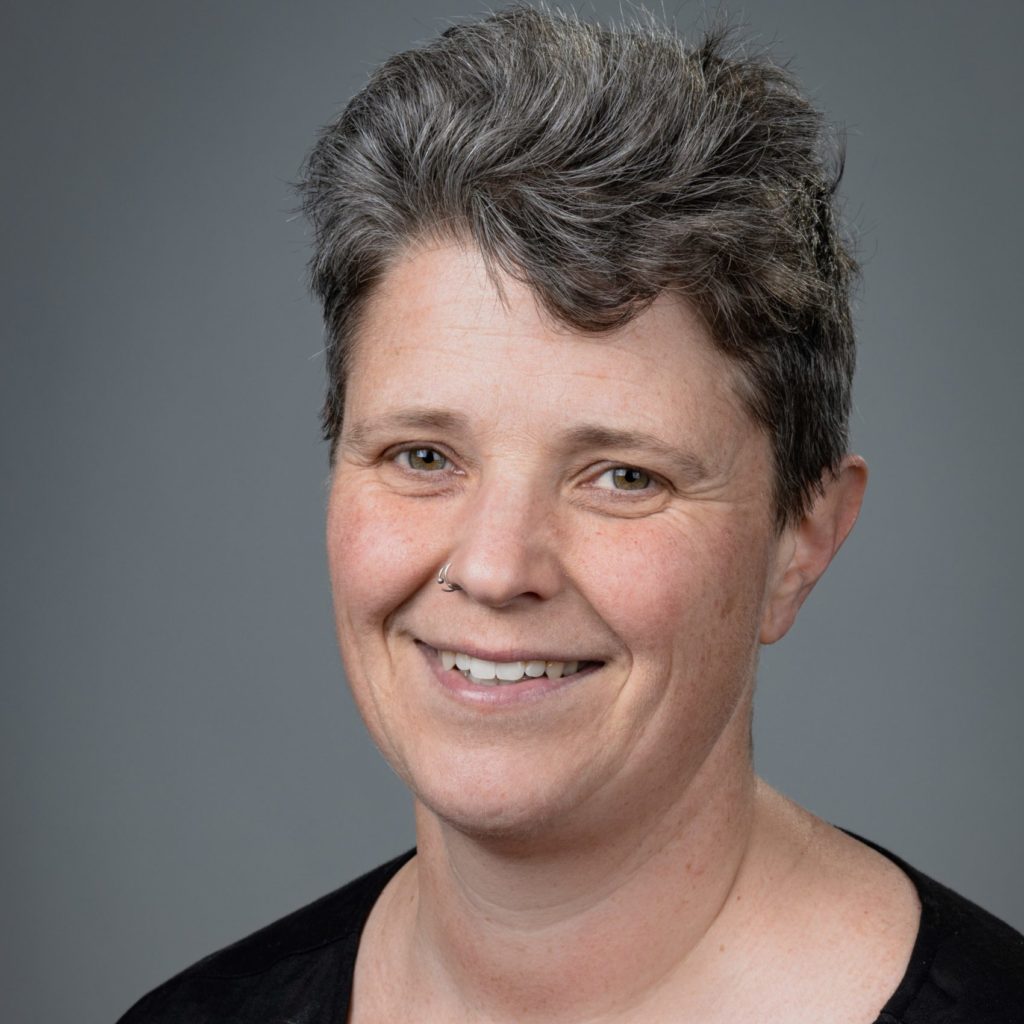
Taryn Knox
AABHL Committee
Taryn Knox (PhD) is a lecturer at the Bioethics Centre, University of Otago. Her PhD (2019) was concerned whether homosexuality could ever correctly be categorised as a mental disorder, but since then her research interests have broadened to include sporting categorisation of trans people, weight bias and stigma and parental consent. She teaches ethics to medical and allied health students and is a member of the Otago University Human Ethics Committee.
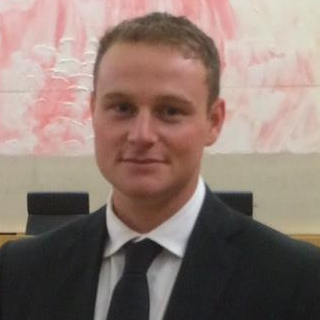
Samuel Roach
AABHL Committee
Sam Roach is an interdisciplinary researcher and lecturer in the School of Law at QUT. He is a committee member of the Australasian Association of Bioethics and Health Law and a Chief Investigator in the Australia Centre of Health Law and Research. Sam’s doctoral thesis examines the role of law in preventing vaccine hesitancy. He adopts a social ecological approach to regulation, drawing on principles taken from public health, philosophy and psychology.
Sam is particularly interested in developing interventions that combat vaccine hesitancy through empowerment, rather than manipulation and coercion. His current research examines how disinformation and misinformation create disadvantage by reducing an individual’s capabilities.
Prior to becoming a lecturer, Sam worked as a lawyer at Minter Ellison and Law Right.
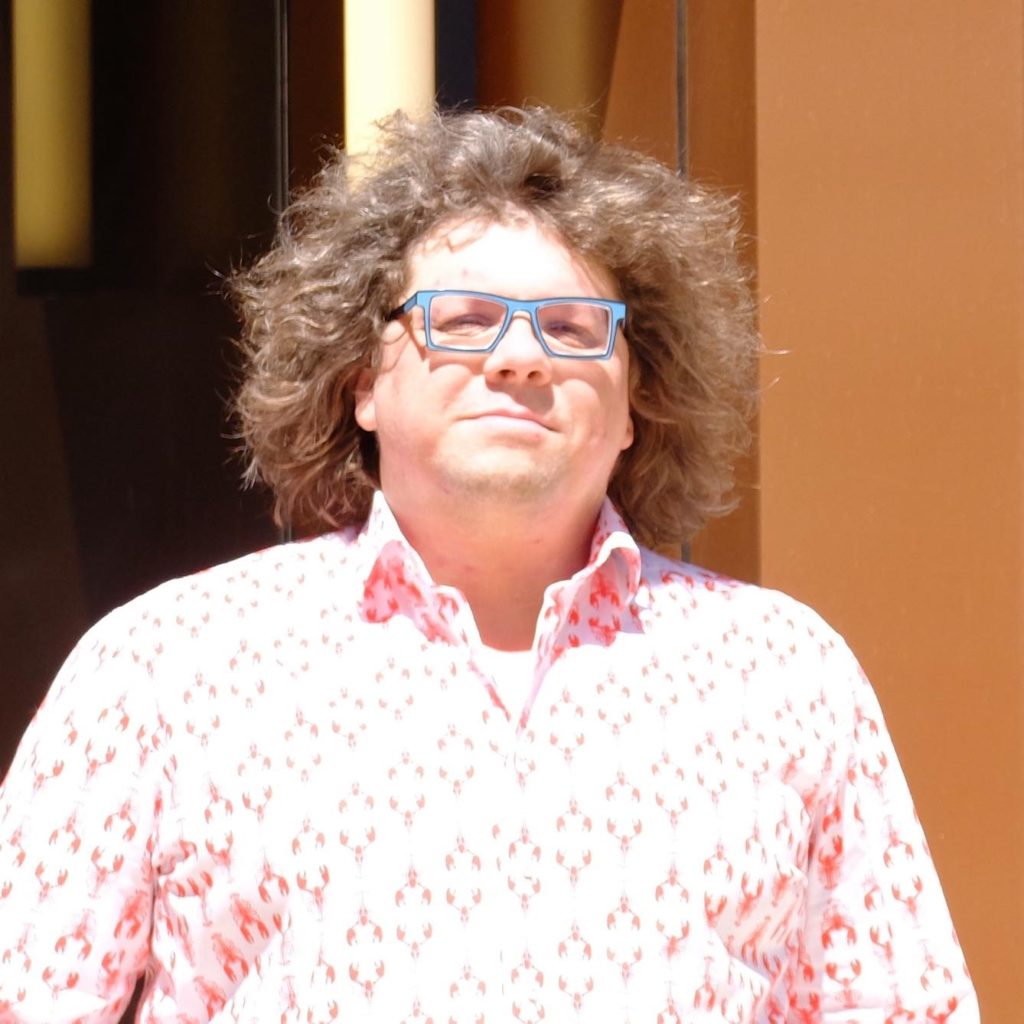
Nathan Emmerich
AABHL Committee
Nathan Emmerich is a Senior Lecturer in Bioethics at the ANU Medical School where he is the lead for Professionalism and Leadership in Phase One of the MChD. His primary pedagogic contribution to the MChD concerns medical ethics, he convenes an upper level and interdisciplinary undergraduate course ‘Bioethics and Beyond’ and contributes to bioethics education in the College of Science. His current research interests related to conscientious objection, the regulation of abortion, and conceptions of (bio)ethical expertise.
Simon Walker
AABHL Committee
TBC

Nina Roxburgh
AABHL Committee
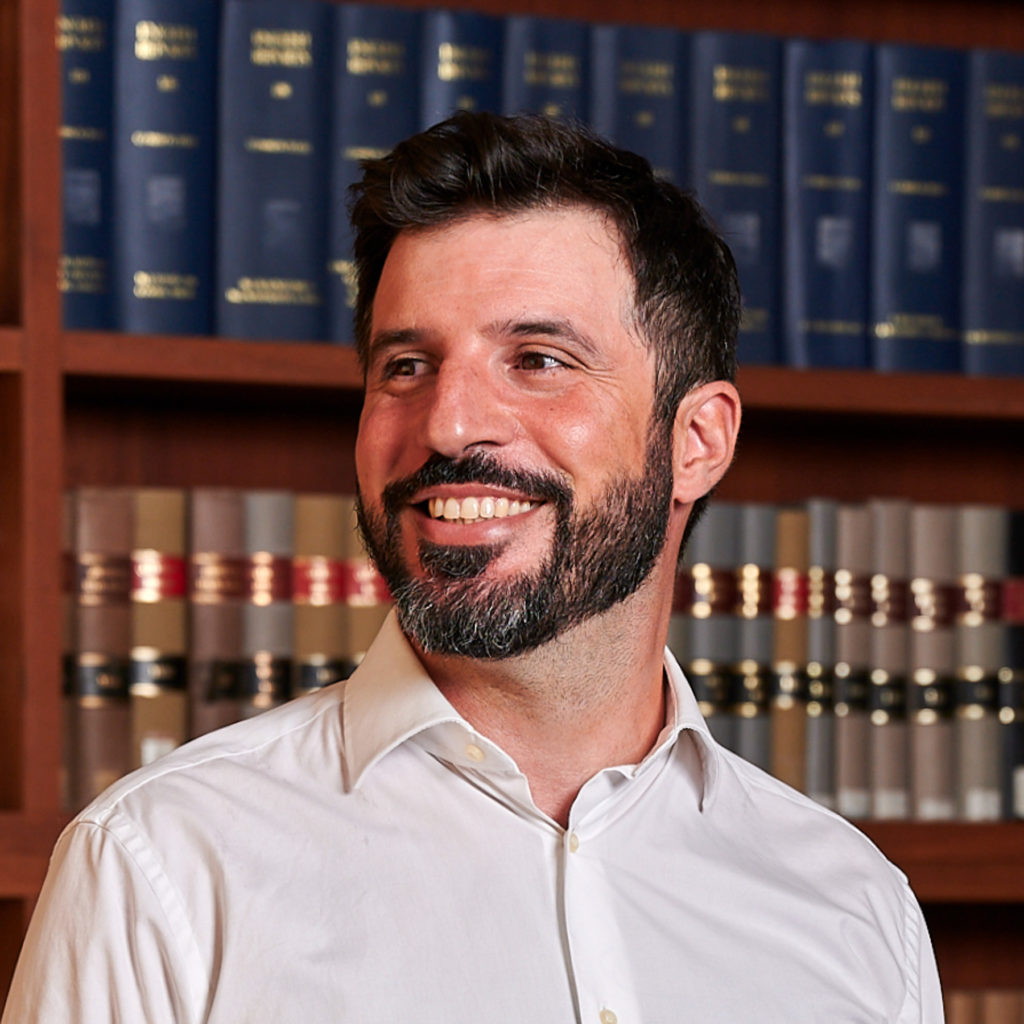
Dr Marco Rizzi
AABHL Committee
Dr Marco Rizzi is Associate Professor at the University of Western Australia Law School. His research interests span health law & policy (with a particular focus on therapeutic goods regulation), risk regulation, tort law (with a particular focus on medical negligence), and law & technology. Marco is well versed in doctrinal, interdisciplinary and multi-method research. He is currently CI in two major MRFF projects: LINEAGE (focused on genomic data governance), and MandEval (focused on mandatory vaccination). He is the former lawyer of the UWA HREC.
Lisa Eckstein
AABHL Committee
TBC
